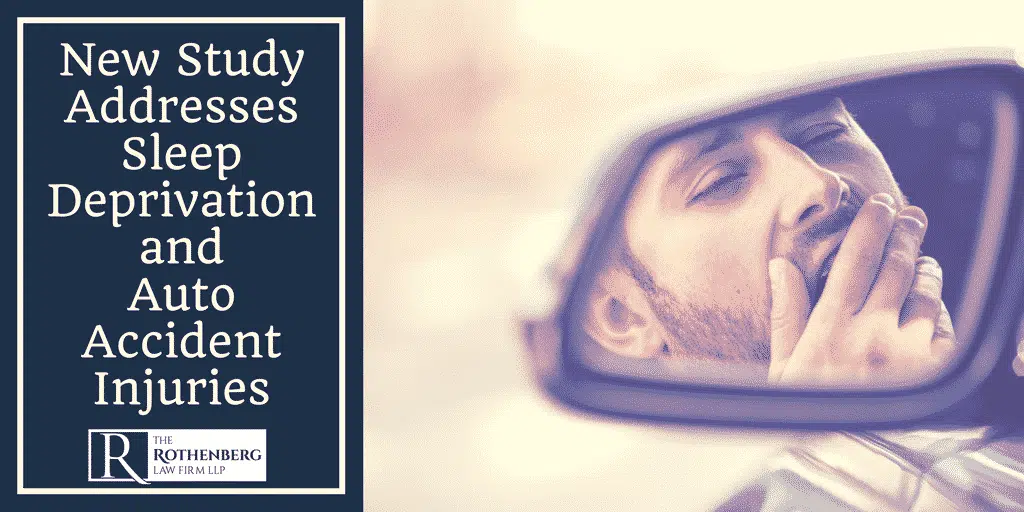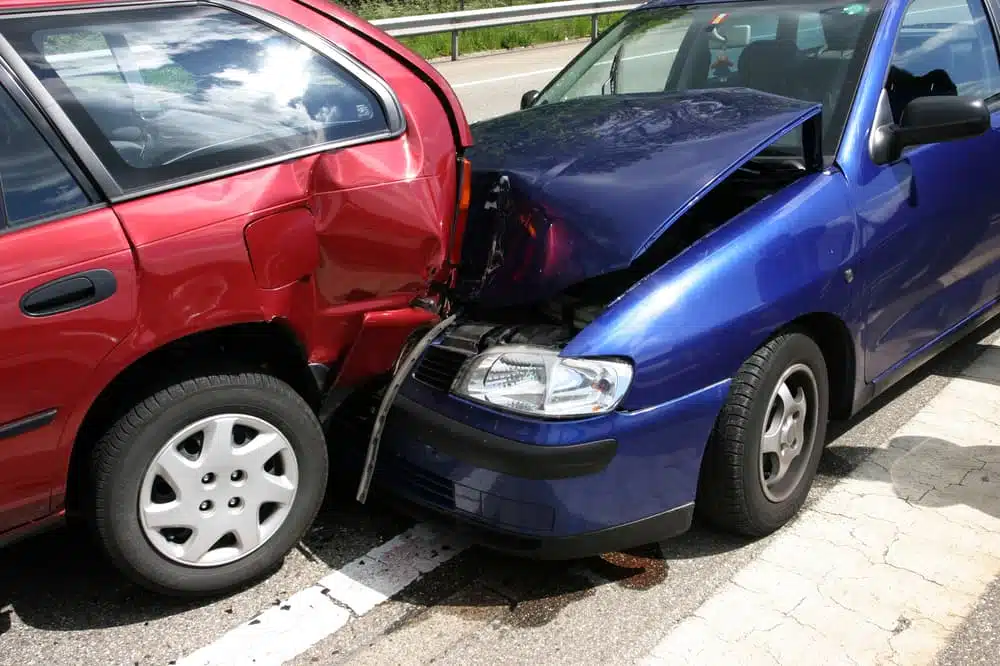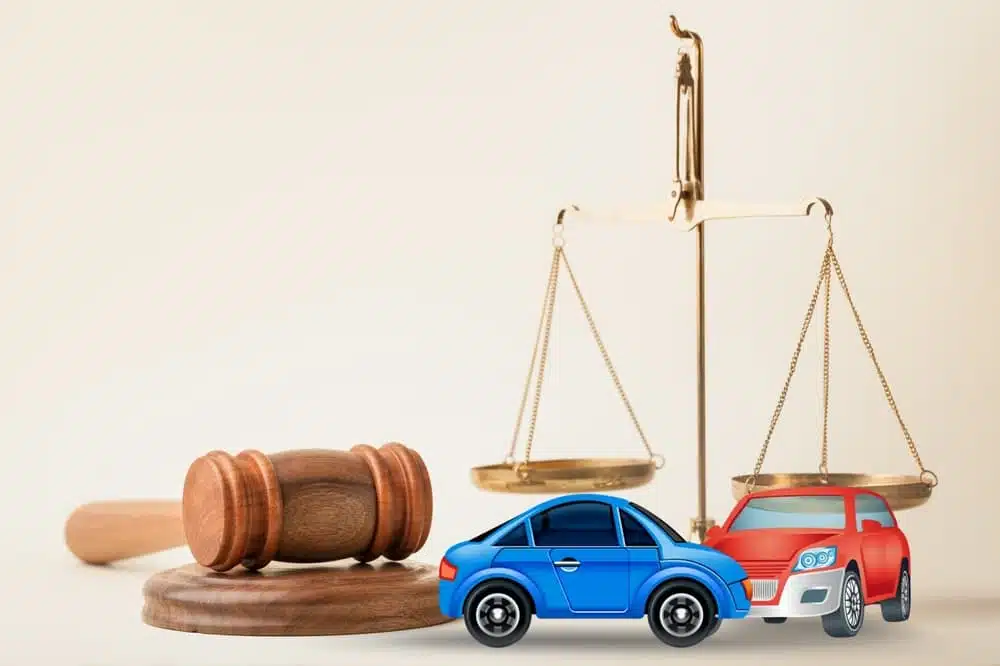
Drivers Who are Constantly Sleep Deprived May be at Particularly High Risk of an Injury Due to a Car Accident
If you are almost constantly sleep deprived and regularly get behind the wheel without getting sufficient sleep the night before, are you able to manage your sleep deprivation on the road? Or, are you more likely to experience an injury due to a car accident? In other words, when you typically drive while sleep deprived, do you learn ways of staying safe behind the wheel? According to a recent article from the American Council on Science and Health, we know that failing to get enough sleep can increase a driver’s risk of an auto accident and resulting injuries. Until recently, however, researchers had not assessed whether someone who “exists in a perpetual sleepy state” may be able to better manage the effects of sleep deprivation and thereby avoid a car accident lawsuit.
A recent study sought to determine what happens when a driver does not realize that he or she is sleep deprived because of his or her “perpetual sleepy state.” The study was published in the journal BMC Medicine, and it concluded that sleep loss that produces an almost constant state of sleep deprivation is indeed a significant risk factor for an auto accident and resulting injuries. When a patient has severe sleep apnea, the risk of an injury due to a car accident increases by 123%. Even for patients with sleep apnea that results in regularly sleeping only six hours each night, those patients have a 33% increased risk of a motor vehicle crash. Clearly, if you do not get enough sleep and you drive, you present a danger to yourself and others.
According to Daniel Gottlieb, the lead author of the study who is an associate physician in the Division of Sleep and Circadian Disorders at Brigham and Women’s Hospital, the biggest problem in preventing drowsy driving is that people who are perpetually too tired to drive are less likely to recognize that they could be impaired due to sleep deprivation. As such, those individuals may decide to drive despite extreme fatigue. Dr. Gottlieb emphasized, “we found that chronically sleep-deprived individuals don’t perceive themselves as being excessively sleepy and thus don’t perceive themselves as impaired,” and this results in “an increased risk of motor vehicle crashes in sleep-deprived individuals.”
Get the Facts About Drowsy Driving and Auto Accident Injuries
What do you need to know about drowsy driving and the risks of getting behind the wheel when you are too fatigued to focus? A fact sheet from the U.S. Centers for Disease Control and Prevention (CDC) provides the following statistics about sleep deprivation and auto accident injuries that result:
- About one out of every 25 drivers admits to falling asleep behind the wheel in the last month;
- In 2013, drowsy driving accounted for approximately 72,000 crashes, 44,000 injuries after a car accident, and about 800 deaths (but these figures likely are low estimates given the difficulty in properly assessing or tracking drowsy driving accidents); and
- Drivers who are more likely to drive while drowsy include those who regularly do not get enough sleep, commercial truck or bus drivers, shift workers, drivers with untreated sleep apnea or other sleep disorders, and drivers who use medication that can make them drowsy.
What are some of the most common signs of drowsy driving? The CDC cites the following:
- Frequent yawning or blinking;
- Difficulty remembering the recent miles you drove;
- Missing an exit;
- Lane drifting; and/or
- Driving onto a rumble strip.
Were you injured in an accident caused by a drowsy driver? A car accident lawyer can help you determine your rights to financial compensation and if you have the grounds for a car accident lawsuit.



